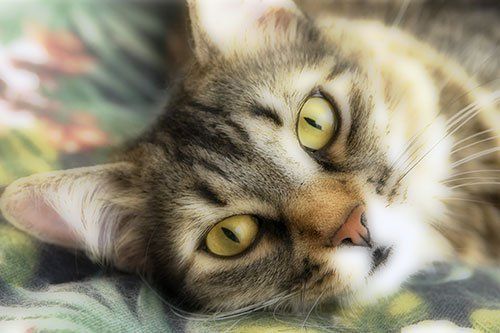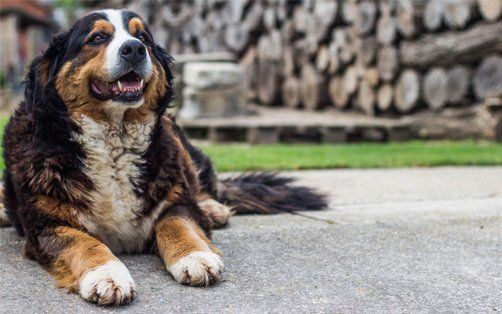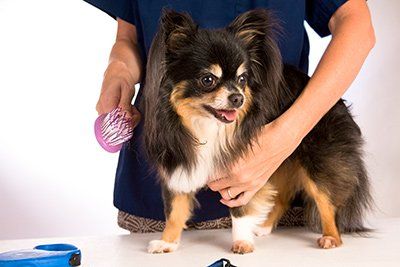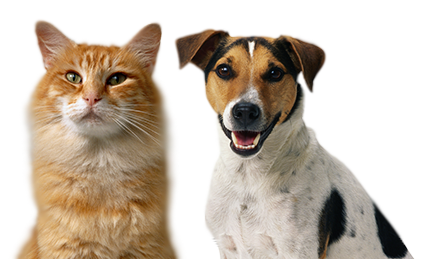
Rabies Is Still Highly Prevalent in the Wild
Rabies Is Easier for a Feline to Contract Than Expected
- The animal hisses and spews saliva into your cat's eyes.
- The animal drips saliva onto an open wound on your cat.
- The animal licks your cat and the saliva enters their mouth, nose, or eyes.
Rabies Can Be Transmitted Quickly and Without Evidence

When you have had a dog for many years, it can come as a shock when they reach about 7 to 9 years old and are suddenly considered to be a senior. However, this is an inevitable part of your dog's life.
Keep Up with Their Dental Care
Watch Out for Signs of High Blood Pressure

Obesity can be just as big a problem for canines as it can be for humans, but many pet owners don't realize how serious a problem it can be. Just like you, your dog can suffer from serious health problems as a result of being overweight.
For example, dogs who are obese are at greater risk of developing diabetes, heart disease, high blood pressure and problems with their liver function. Obesity can also affect your dog's lungs, restricting their ability to expand and making it more difficult for them to breathe. Then there are the quality-of-life issues: an obese dog will have less stamina, less tolerance for heat and a shorter life span.
Luckily, there are things you can be doing to prevent your dog from gaining too much weight and to cut their calories if they're already overweight. Take a look at some useful tips that can help you keep your dog's weight in check.

You work tirelessly to care for your dog, from providing exercise and mental stimulation on daily walks to keeping up with essential vaccinations. When you think about all the things you do to keep your pooch happy and healthy, grooming may seem like one of your lowest priorities.
However, grooming is an important part of canine care, whether you have a short-haired Chihuahua or an Old English sheepdog. In fact, veterinary experts recommend grooming every four to eight weeks, depending on the length of your dog's fur.
In this blog, we list five of the reasons why regular, professional grooming is so important for your pet.

Rabies Is Still Highly Prevalent in the Wild
Rabies Is Easier for a Feline to Contract Than Expected
- The animal hisses and spews saliva into your cat's eyes.
- The animal drips saliva onto an open wound on your cat.
- The animal licks your cat and the saliva enters their mouth, nose, or eyes.
Rabies Can Be Transmitted Quickly and Without Evidence

When you have had a dog for many years, it can come as a shock when they reach about 7 to 9 years old and are suddenly considered to be a senior. However, this is an inevitable part of your dog's life.
Keep Up with Their Dental Care
Watch Out for Signs of High Blood Pressure

Obesity can be just as big a problem for canines as it can be for humans, but many pet owners don't realize how serious a problem it can be. Just like you, your dog can suffer from serious health problems as a result of being overweight.
For example, dogs who are obese are at greater risk of developing diabetes, heart disease, high blood pressure and problems with their liver function. Obesity can also affect your dog's lungs, restricting their ability to expand and making it more difficult for them to breathe. Then there are the quality-of-life issues: an obese dog will have less stamina, less tolerance for heat and a shorter life span.
Luckily, there are things you can be doing to prevent your dog from gaining too much weight and to cut their calories if they're already overweight. Take a look at some useful tips that can help you keep your dog's weight in check.





